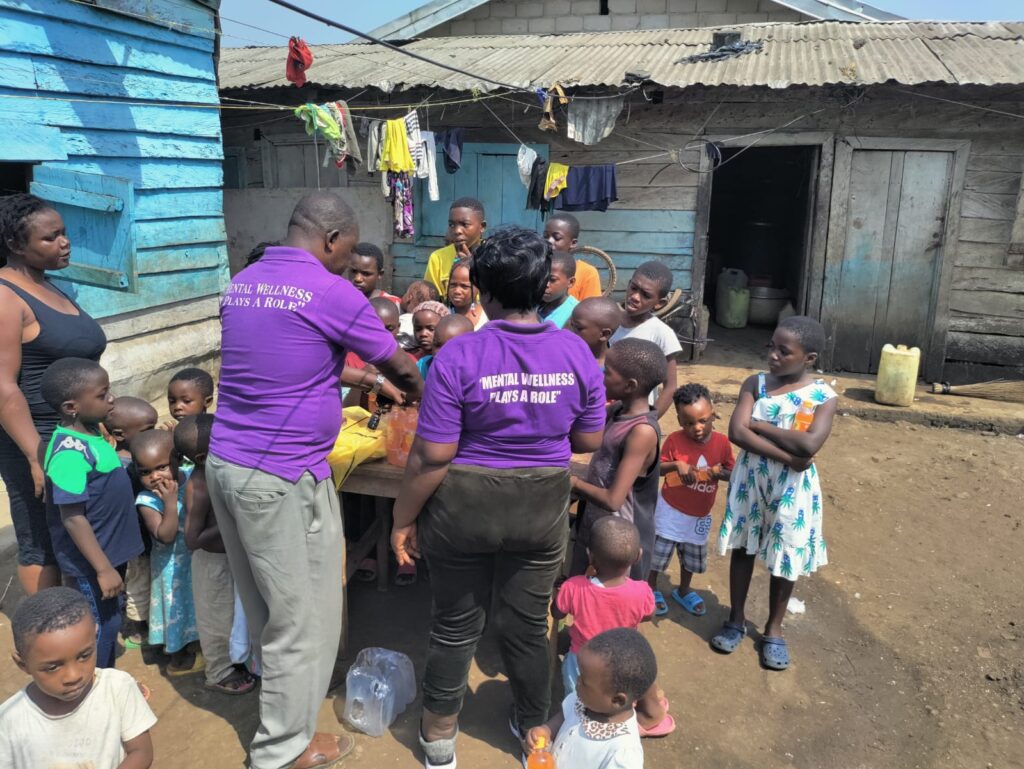• Recovery International
• Adult Children of Alcoholics
• Al-Anon/Alateen
• Alcoholics Anonymous
• AlcoholScreening.org
• Alzheimer’s Association
• American Association of Retired Persons Grief and Loss Information
• American Association of Suicidology: Support for family/friends that have lost a loved one to suicide
• Anxiety and Depression Association of America, Anxiety and Depression Association of America peer-to-peer support group
• Attention Deficit Disorder Association
• Autism Society of America
• The Balanced Mind Foundation
• Brain Injury Association of America
• Caregiver Action Network
• Children and Adults with Attention Deficit/Hyperactivity Disorder (CHADD) In addition to support groups, CHADD has a section for parents which includes many helpful resources (look at list of options on right-hand side of the page) and a link that explains their Parent to Parent Family Training classes. For more information about these on-line training classes, review the information at the link we’ve provided or contact the CHADD national resource center at 1-800-233-4050.
• Co-Dependents Anonymous or sign up for their email list. You can also visit http://www.codependents.org/
• The Compassionate Friends Grief Support: After the death of a child (Use this link to find groups in your area)
• CoSLAA Support groups for family and friends of people who have a sex addiction
• Crisis Text Line
• Debtors Anonymous
• Depression and Bipolar Support Alliance
• Dual Diagnosis of Oregon, Inc. (Although based in Oregon, offer support to those in other areas who wish to establish groups to help those who have both a mental health and alcohol/substance abuse condition)
• Dual Recovery Anonymous: Support for those who have both a mental health and alcohol/substance abuse condition
• Emotions Anonymous: Modeled after the Alcoholics Anonymous 12-step program, Emotions Anonymous is open to any individual dealing with emotional difficulties.
• Federation of Families for Children’s Mental Health, a parent support and advocacy network
• Freedom from Fear (In addition to finding support groups, you can use the Finding Help/Resources tab on left hand side to access on-line support, e-mail support, and blogs)
• Gamblers Anonymous
• Gift from Within: Article for partners (Support for both men and women with post-traumatic stress disorder. Use the Trauma Support tab at the top of the page to access a wide variety of support options.)
• Hospice Foundation of America (Grief and Loss section includes link to find a local hospice office using link from left-hand side of the page; many offices offer grief support groups. National hospice office can be reached by calling 1-800-868-5171.)
• International Obsessive Compulsive Disorder Foundation
• International Society for the Study of Trauma and Dissociation
• Male Survivor (Discussion board and chat room for men who have been sexually abused can be accessed from Survivors tab on left hand side of the page)
• Narcotics Anonymous
• The National Alliance on Mental Illness (NAMI): A family support and advocacy organization
• National Eating Disorders Association
• O.A.S.I.S.@MAAP (Autism and Asperger Syndrome support group information for both individuals and their family/friends; Support groups tab accessible from left-hand side of the page)
• Overeaters Anonymous Offer in-person, telephone, and on-line meetings
• Parents, Families and Friends of Lesbians and Gays (PFLAG)
• Postpartum Support International and link to support resources in your area (National 24-hour Postpartum Depression Helpline 1.800.944.4PPD)
• S-Anon International Family Groups Support groups for family and friends of people who have a sex addiction
• Self Mutilators Anonymous
• Sex Addicts Anonymous (description of organization) and find a meeting link http://www.sexaa.org/Meetings/UnitedStates/
• Sidran Institute (Extensive information and resources on ptsd, dissociative disorder, trauma, and self injury; e-mail or call 1-888-825-8249 to request support group information)
• Survivors of Incest Anonymous (Use the SIA Groups and Intergroups options on the left-hand side of the home page to find meeting information)
• The Arc (Support and information for people with mental retardation and related developmental disabilities and their families) To find a chapter near click here.
• Tourette Syndrome Association, Inc.
• TARA Association for Personality Disorder: National Borderline Personality Disorder Resource and Referral Center
• The TLC Foundation for Body-Focused Repetitive Behaviors
• Well Spouse Association Support for spousal caregivers.
• Witness Justice (Information, resources, and on-line support for victims of violence or trauma, their family and friends, and professionals)

